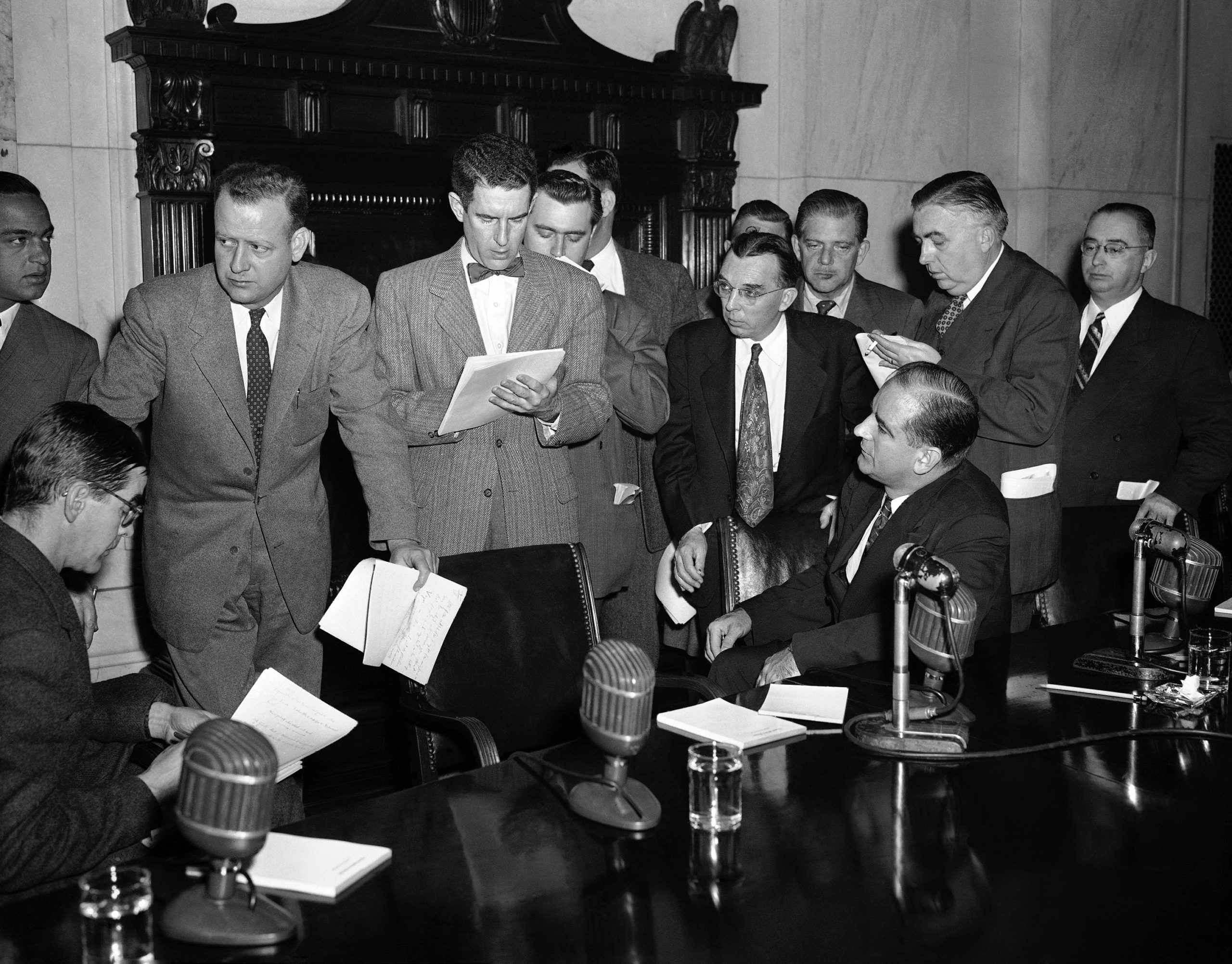Webmany journalists are now asking: Can journalism contribute to social change while maintaining its objectivity? Objectivity became a prominent journalistic principle in the 1920s. Webin contrast, there are those who believe strict objectivity should not be a priority in journalism. On a philosophical level, it has been argued that neutrality or objectivity in judgment doesn’t actually exist and therefore is an impossible standard to meet. This study interrogates the growing tendency to assume the impossibility of journalistic objectivity. Specifically, it sieves through the controversies and articulates the way forward. Webthe presstitutes attack on objectivity subverting the principles of fair reporting. The website, a digital classifieds website, has fundamentally transformed the way people interact within their local communities. Beginning as a basic email list in san francisco, the platform has evolved into a worldwide platform, linking millions of users daily. Webthis new understanding of objectivity attempted to draw a line between journalists’ professional judgments (o. k. To include in a news report) and their personal opinions (not o. k. ). Webthis paper explores the delicate balance journalists must strike between providing accurate and unbiased information while being mindful of the potential consequences of their reporting. Webin today’s environment of democratised mass digital media they are as important as ever. Webobjectivity is a fundamental principle in journalism that ensures accurate and unbiased reporting. Objectivity allows readers to make their own informed decisions by providing them with reliable information. Webin this paper i argue that responsible reporting can also be partisan; The proper standard is not (putative) objectivity, but a commitment to fulfill the public’s right to know through accurate and comprehensive reporting.
